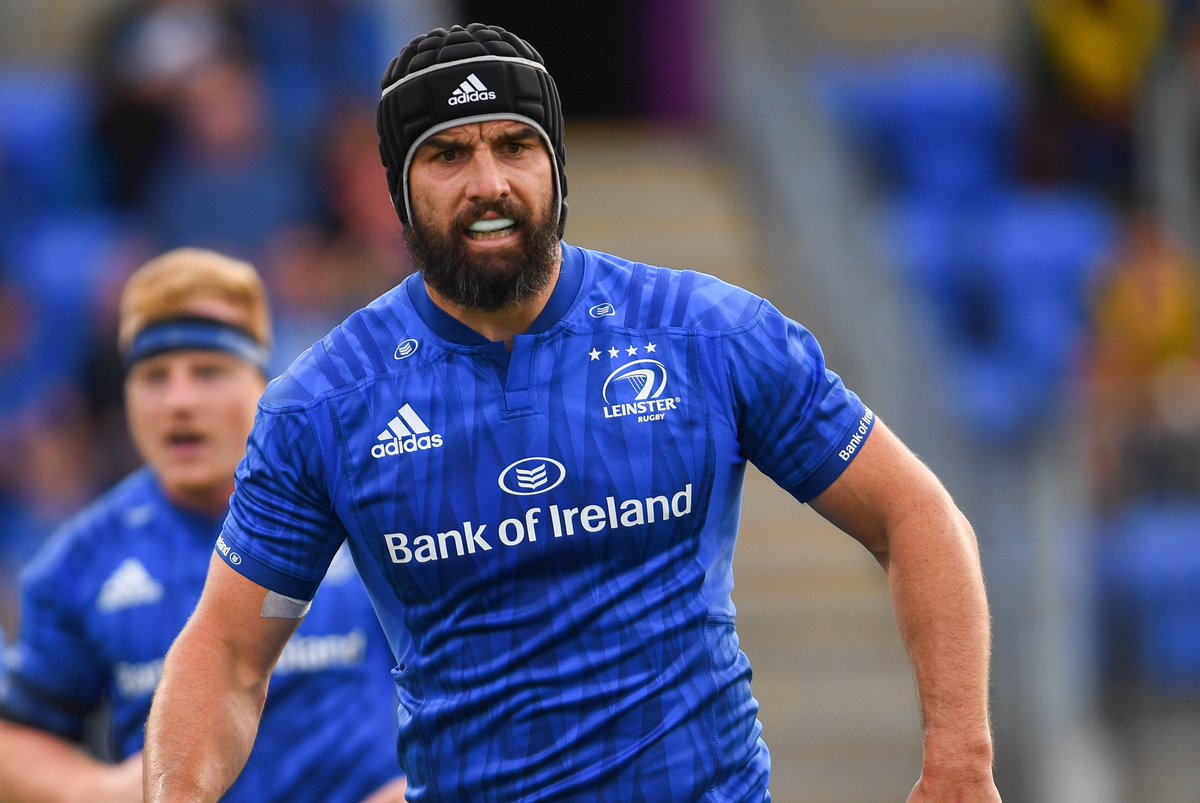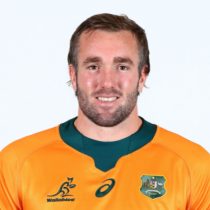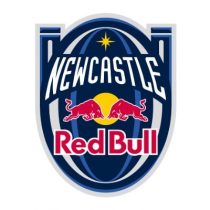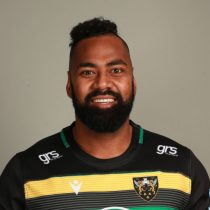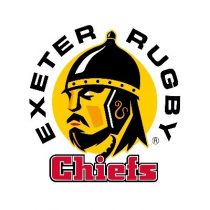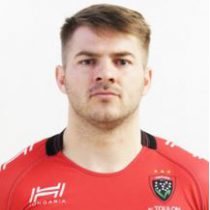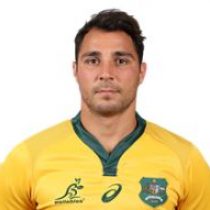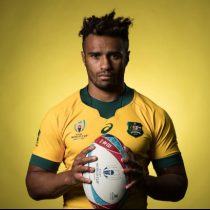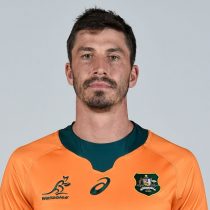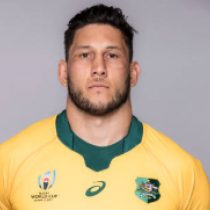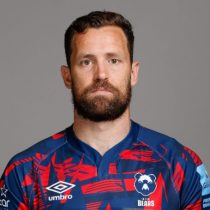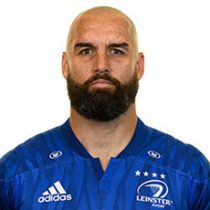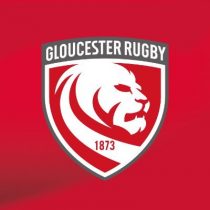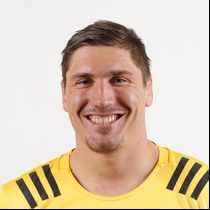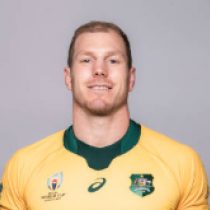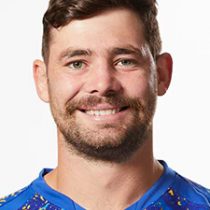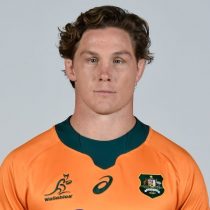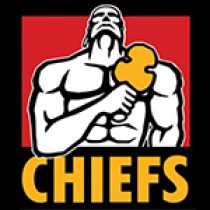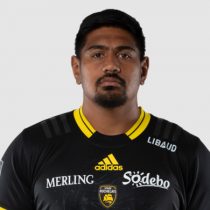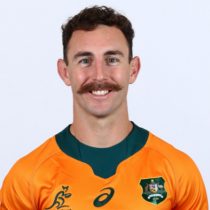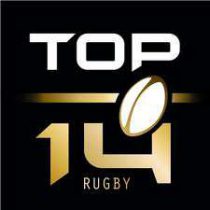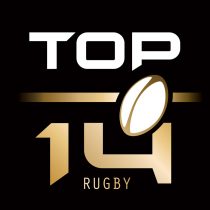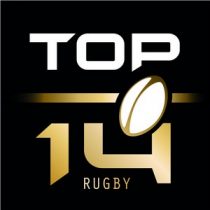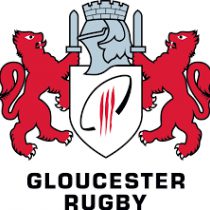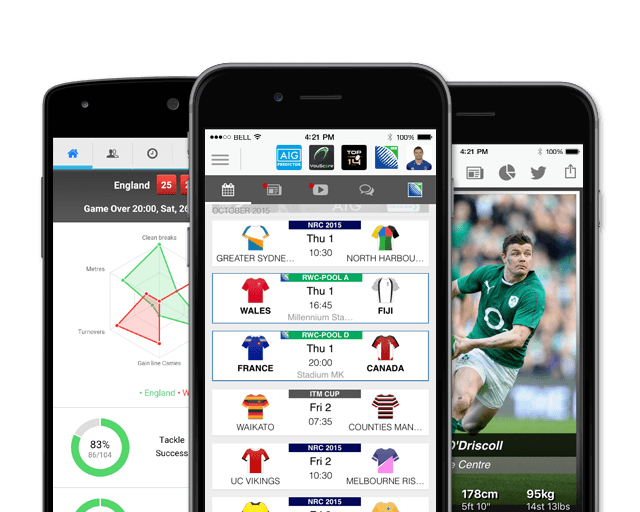7 Reasons why Australia should ditch Giteau's law
- 4740
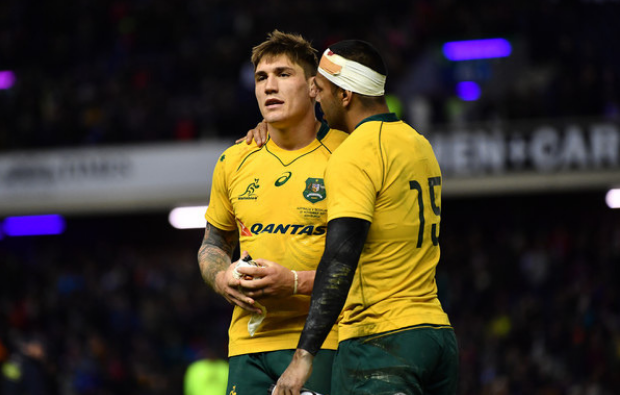
With the Wallabies heading into a World Cup year off the back of one of their poorest year's in test history, we take a look at why the Wallabies should get rid of their policy of overseas-based players for the World Cup.
The current criteria for overseas-based players, AKA 'Giteau Law', to be selected are:
- Minimum 60 Test caps for Australia
- Minimum 7 seasons at Super rugby level
The rule also allows players to return to Test duty immediately if they have signed with a Super Rugby club for the following two years.
The ruling that was implemented before the 2015 Rugby World Cup opened the door for Matt Giteau, hence the name, and Drew Mitchell to feature at the 2015 World Cup.
1. Will Skelton

The Wallabies second-row stocks weren't extremely convincing in 2018, with Adam Coleman and Izack Rodda the two standouts for the Wallabies. However, the side was notably weaker without Coleman in particular.
Skelton is in superb form and condition for Saracens lately after shedding a large amount of extra fat during pre-season. The edition of the massive second rower would certainly be a boost to the Wallabies squad for the World Cup.
2. Sean McMahon

McMahon was set to feature for the Sunwolves this season but an injury meant he failed his medical. McMahon would have still be ineligible for the Wallabies had he represented the Sunwolves this season.
The powerful no.8 was nothing short of sensational for the Wallabies before moving to Japan at the end of 2017 and would slot straight back into the Wallabies starting line up when fit.
McMahon could also be the final piece in the puzzle that is the Wallabies back row that is trying to fit two fetchers in the side. He has an incredible work rate that will compensate for Hooper and Pocock's work over the ball.
3. Nic White

A classy operator, Nic White has gone from strength to strength since joining the Exeter Chiefs. With Will Genia a certain starter in the Wallabies line up and Nick Phipps likely to fill the second halfback spot, Michael Cheika will be looking at who would fill the final slot in his squad.
Nick Powell and Jake Gordon have been handed debuts under Cheika but the experience White would bring to the squad is invaluable.
4. Luke Morahan


